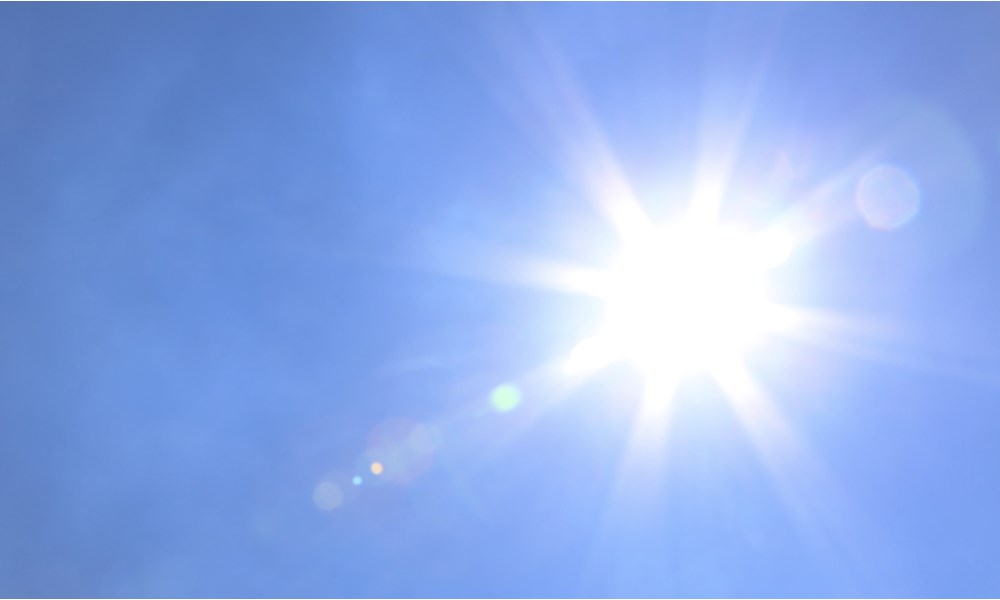Here's the Skinny on Sunscreen

We love the summer months just as much as anyone at Hall Honda Virginia Beach. But it pays to be safe when it comes to sun exposure. Many people today are paying the price for not knowing how to take proper care of their skin, so if you aren’t wearing sunscreen, it may be smart to start.
How does sunscreen work?
The sun may be pretty and enjoyable to lounge in, but it also causes harmful effects from radiation. The sun emits ultraviolet rays that cause sunburn and, in some cases, skin cancer.
Sunscreens absorb or reflect the dangerous ultraviolet rays that can burn our skin. The chemicals in sunscreens react with your skin to help ward off these rays. Some of these chemicals like PABA (para-aminobezoic acid) can irritate your skin, so be sure to test different sunscreens before you give yourself a good slathering.
What are UVA and UVB waves?
Dangerous ultraviolet light from the sun comes in two wavelengths: short waves (UVA) and long waves (UVB).
UVA isn’t as damaging as UVB, but you’re exposed to a lot more of it. It’s what gives you a tan. It’s the light used in tanning salons. And, until recently, scientists weren’t too worried about its effect on our skin. Now, however, it’s been proven that prolonged UVA exposure can cause skin cancer.
UVB is what gives you a sunburn. It doesn’t penetrate the skin as deeply as UVA, but it’s the main cause of skin cancer. UVB is more prevalent at high altitudes, so be extra careful up there.
When should I wear sunscreen?
Every time you’re going to be exposed to the sun. No joke. Cloudy days are no exception! UV rays do their worst damage between 10 AM and 4 PM.
How do I use it correctly?
You should apply sunscreen 30 minutes before you go outside. Be generous with it. Usually an ounce (the size of a shot glass) can cover your skin in a thick layer. Make sure the sunscreen hasn’t expired, too—that bottle from your trip to Florida three years ago won’t cut it. Be sure to re-apply every two hours and don’t forget about sensitive areas that you might not think of right away—your lips and your ears need coverage, too.
Are waterproof sunscreens really waterproof?
Although some products claim to be "waterproof," they’re really not. They’re water-resistant. They stay on the skin longer even when wet, but they still wear off in time. Be sure to follow the instructions on the packaging and reapply when recommended.
What SPF do I need?
The SPF (Sun Protection Factor) tells you how much UVB the sunscreen blocks. According to the American Academy of Dermatologists, SPF 15 blocks about 93 percent of UVB rays and SPF 30 blocks about 97 percent, but nothing will give you 100 percent coverage. For daily use, 30 SPF is sufficient. If your skin is more sensitive or you’re going to be exposed to harsher rays (highly reflective surfaces or high elevation), you should choose a sunscreen with SPF 50.
While many of us like to look tan, it's easier to prevent sun damage than it is to treat it. Always make sure that you follow the directions on your sunscreen label. Hats, sunglasses, and lightweight protective clothing can also help shield you from the sun's harmful rays.
